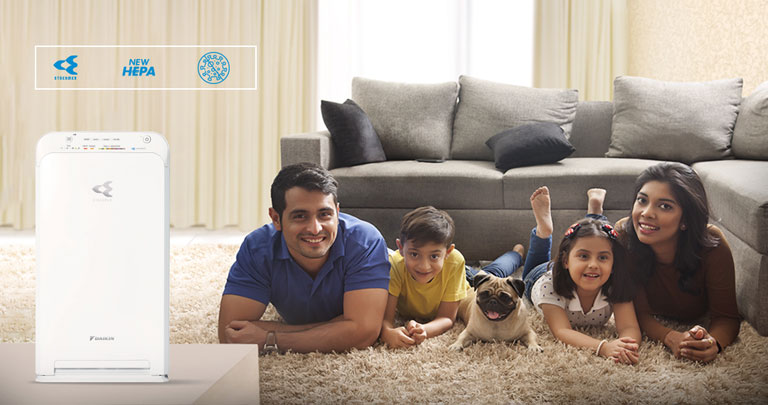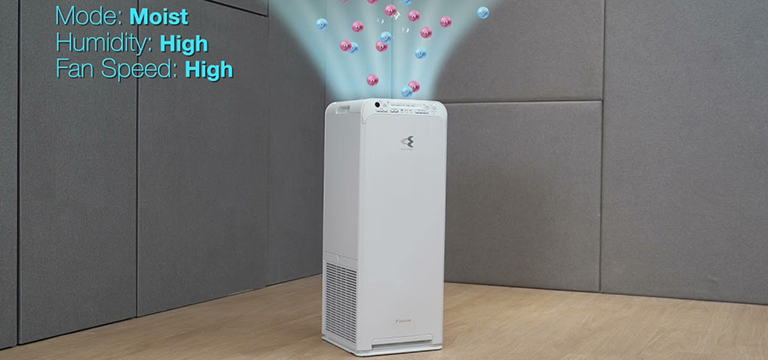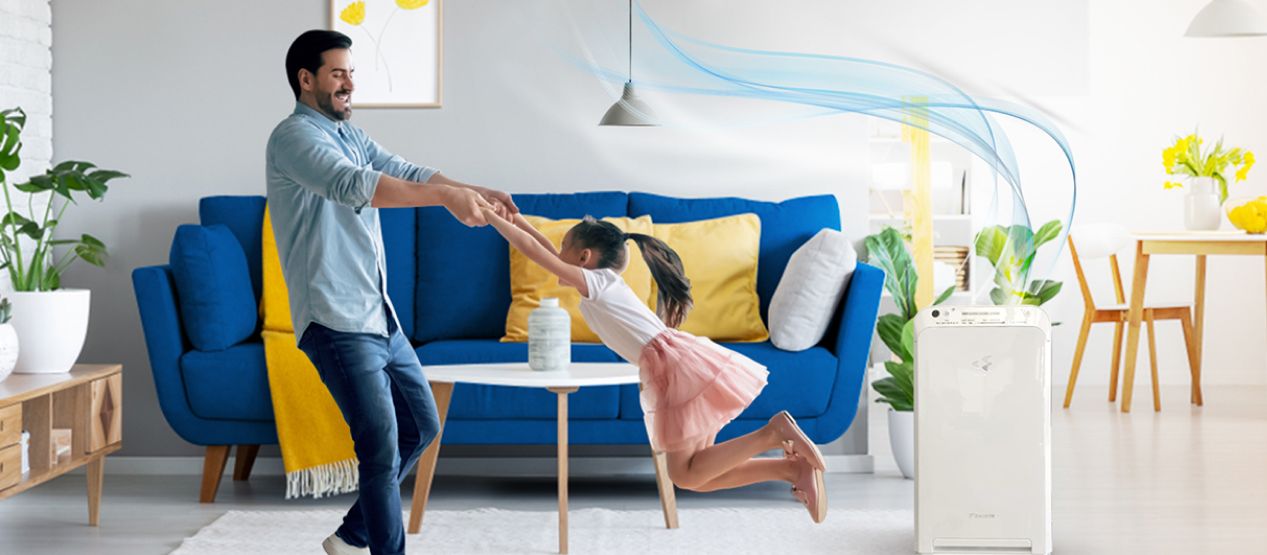Why choose an air purifier in India with HEPA filter?
January 20, 2026 | 12:23 PM

When it comes to buying an Air Purifier, the first and foremost element to look at is the HEPA filter. The key to the great air quality delivered by an Air Purifier is the HEPA filter, which is considered the most crucial element in the filtration process, eliminating the air particles that are detrimental to health and discharging clean air.
HEPA filters are the main element behind the reason why a majority of Air Purifiers have been installed during the coronavirus pandemic in schools, offices, and hospitals, and the reason why Air Purifiers are quite effective in upgrading the quality of life of people suffering different types of allergies.
What does a HEPA filter mean?
HEPA (High-Efficiency Particulate Air) filters refer to filters that have the capability to wipe out small particles. HEPA filters have been found to eliminate more than 99.9% of the airborne particles that pass through them. These pollutants can include viruses, allergens, viruses, chemical compounds, bacteria, dust, dirt, and many more.
People having respiratory issues, allergies, or asthma will find the best HEPA air purifier to be of immense assistance. Due to their ability to lessen the virus's indoor transmission, these advanced filters are becoming progressively crucial in the COVID-19 emergency.
How does a HEPA filter work?
A HEPA filter works pretty much easily. An air purifier takes in the nearby air, makes the air pass through a network of filters, and discharges purified air into the enclosed space. The filter is made up of a network of arbitrarily put fibres, which are typical coatings of cellulose, synthetic fiber, or glass fibers. These fibers are set up according to an accordion structure, which awards them a higher power to catch the particles. The HEPA filter is very effective in eliminating pathogens of size bigger than 0.3 microns.
Efficiency of HEPA Filters
Get to know what type of HEPA filter each air purifier gets to use to make an informed decision. As a result, you need to start by understanding the proportion of particles that the various HEPA filter types can capture.
Since a HEPA filter is able to capture 99.9% of the Most Penetrating Particles (MPPS) of 0.12 to 0.25 microns, 100% filtration is typically not possible, although this technology comes quite near. Since viruses typically adhere to particles larger than one micron, you can only imagine how effective a HEPA filter would be against particles of that size. A HEPA filter is able to do this with the smallest and Most Penetrating Particle Size (MPPS). The HEPA filter makes it much quicker and easier to filter and hold onto them. As a result, a HEPA filter's efficiency can be deemed 100%.
HEPA Filters Certification
It is imperative that a HEPA filter is certified before arriving at any decision. HEPA filters and air purifiers need to pass certain tests in order to earn certification. HEPA filters are required to remove at least 99.95% of airborne particles in India. In contrast, a minimum of 99.97% of the particles in the United States need to be filtered.
According to global standards, there are three main classifications or types of HEPA filters: ULPA, HEPA, and EPA filters. ULPA filters have a larger retention capacity whereas EPA filters have a lesser capacity for particle retention. The main applications for ULPA are in laboratories and hospitals. The most often used filters are the True HEPA and HEPA H13.
The Conclusion
If you are looking to get the best air purifier for home in India, do look at the HEPA filter-based units. This would help you get the most desirable results in terms of purified air in your home.









